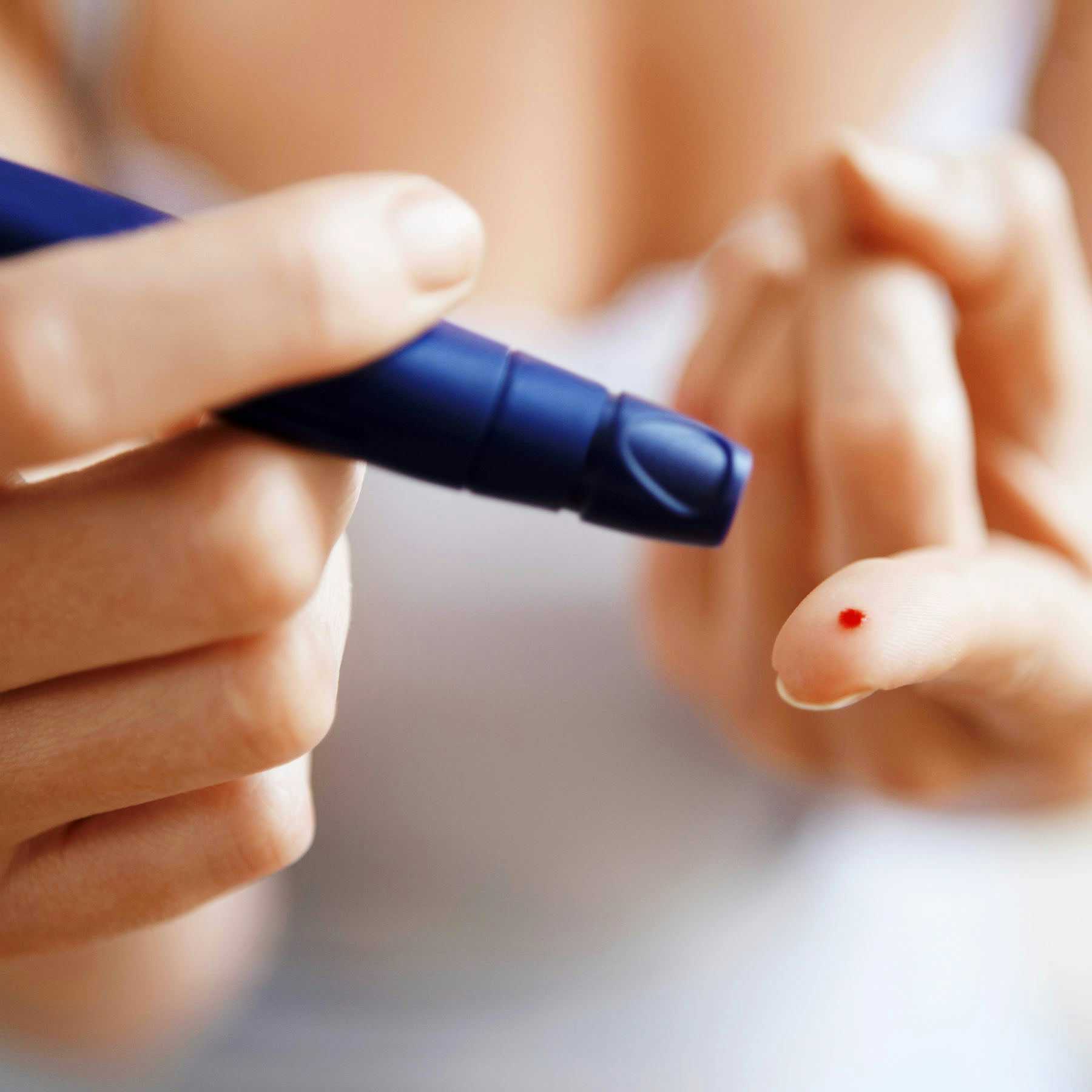
When public health experts point out that nearly one-third of American adults have prediabetes, we figure that we could all benefit from an appropriate diet for better blood glucose control. One reader has been experimenting with such a diet and shared exciting results.
Striving for Better Blood Glucose Control:
Q. When my Hemoglobin A1c hit 13, I realized I needed to make some changes to get better blood glucose control. I started eating a high-fat, low-carb and moderate protein diet. Within days my blood sugar dropped to normal.
At my next appointment, my doctor, who had been planning to put me on insulin, took me off my oral diabetes medicine completely. (I’m so grateful to have a doctor who listens.)
My blood sugar remains well-controlled. I am not on a keto diet. I have up to about 100 grams of carbs a day, but almost all from vegetables, no grains. The only fruit is berries. My fats are from avocado oil, coconut oil, meats, full fat dairy, eggs, olive oil and chocolate.
My last lab tests were all within normal range and the cholesterol numbers are impressive. The HDL is no longer low.
I don’t understand why some people say that it’s hard to stick to such a diet. I’ve never enjoyed food so much.
Studies Support a Low-Carb Diet for Better Blood Glucose Control:
A. Some people with diabetes do extremely well on the type of diet you describe. A three-month-long study in Denmark demonstrated lower HbA1c and blood sugar among people following a carbohydrate-reduced high-protein diet (Diabetologia, Nov. 2019). The control group followed a conventional diabetes diet.
This was not the only study to demonstrate better blood glucose control with a lower-carb diet. Canadian scientists have found that substituting nuts instead of carbs (from whole wheat muffins) reduced HbA1c (Diabetologia, Aug. 2018). In addition, a meta-analysis of six studies found that diets with a low glycemic index resulted in lower values for fasting blood sugar as well as HbA1c (Nutrients, March 19, 2018). The control groups in these studies followed conventional diabetes diets.
Dark Tea Can Help with Better Control of Blood Sugar:
There are other dietary factors that can help with blood glucose control. Scientists report that people who regularly drink dark tea appear to have better control of their blood sugar (Annual Meeting of The European Association for the Study of Diabetes (EASD), Hamburg (Oct). 2-6 , 2023). The study included almost 2,000 Chinese adults between the ages of 20 and 80 years old. Of these, 436 had diabetes and 352 prediabetes. The other 1,135 had normal blood glucose. The researchers inquired how often people drank tea and what type of tea they drank. The also measured glucose in the urine, insulin resistance and the glucose index along with glycemic status.
People who drank dark tea every day had more glucose excretion in the urine and lower insulin resistance. They were also 15% less likely to have prediabetes and 28% less like to develop type 2 diabetes. Although the researchers did not report on the volunteers’ diets, we can only imagine that dark tea would be most effective as part of a low-carb diet.
What Is Dark Tea?
Green tea is popular in China, but the investigators found that dark tea (黑茶) offered the most metabolic protection. To produce dark tea, the leaves are fermented, resulting in varieties known as Yunnan Pu-er, Liu Ancha, Fu zhuan cha or Sichuan Lu bian cha. According to the scientists, the bioactive compounds in dark tea resulting from the fermentation process can mimic sodium-glucose-cotransporter-2 inhibitors. This is the activity behind medicines like empagliflozin (Jardiance).
Learn More:
You can learn more about diabetes and diet as well as medications in our eGuide to Preventing and Treating Diabetes. You may also wish to listen to some of our relevant interviews. Dr. William Li discussed intermittent fasting in Show 1161: What Is the Evidence for Food as Medicine? Dr. Mark Hyman offers specific recipes in Show 1189: What the Heck Should We Be Eating? Most specifically, for better blood glucose control, Dr. Kasia Lipska discusses multiple approaches to type 1 and type 2 diabetes in Show 1173: How Is Diabetes Diagnosed and Treated?
Beyond diet, the YMCA in most towns now offers a Diabetes Prevention Program that includes exercise, diet, social support and stress reduction. Learn more about it in Show 1036: How to Prevent Diabetes by Changing Your Life.

